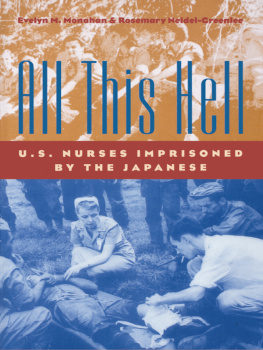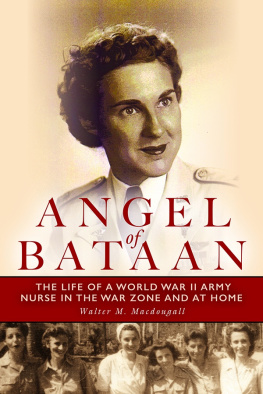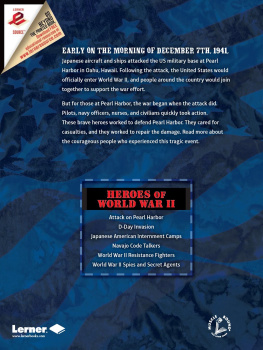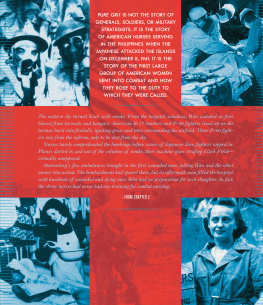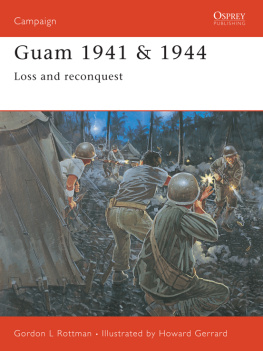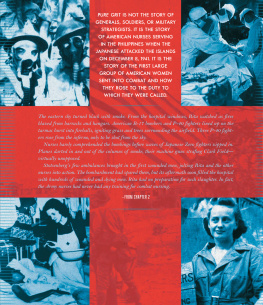All This Hell


Publication of this volume was made possible in part by a grant from the National Endowment for the Humanities.
Copyright 2000 by The University Press of Kentucky Paperback edition 2003
The University Press of Kentucky Scholarly publisher for the Commonwealth, serving Bellarmine University, Berea College, Centre College of Kentucky, Eastern Kentucky University, The Filson Historical Society, Georgetown College, Kentucky Historical Society, Kentucky State University, Morehead State University, Murray State University, Northern Kentucky University, Transylvania University, University of Kentucky, University of Louisville, and Western Kentucky University.
All rights reserved.
Editorial and Sales Offices: The University Press of Kentucky
663 South Limestone Street, Lexington, Kentucky 40508-4008
www.kentuckypress.com
09 10 11 12 13 8 7 6 5 4
The Library of Congress has cataloged the hardcover edition as follows:
All this hell / Evelyn Monahan and Rosemary Neidel-Greenlee.
p. cm.
ISBN 0-8131-2148-5 (alk. paper)
1. World War, 1939-1945Prisoners and prisons, Japanese. 2. NursesUnited StatesHistory20th century. 3. World War, 1939-1945Medical careUnited States. 4. Prisoners of warPhilippinesHistory20th century. 5. Prisoners of warJapanHistory20th century. I. Monahan, Evelyn. II. Neidel-Greenlee, Rosemary, 1941-.
D805.P6 A433 2000
940.54725209599dc21
99-045226
Paper ISBN 0-8131-9061-4 (pbk: alk. paper)
Paper ISBN-13 978-0-8131-9061-7
This book is printed on acid-free recycled paper meeting the requirements of the American National Standard for Permanence of Paper for Printed Library Materials.

Manufactured in the United States of America
 | Member of the Association of
American University Presses |
This book is dedicated to Anna L. Neidel McGinnis, who joined the Army Nurse Corps and reported for active duty at Fort Meade, Maryland, on 10 February 1941, three days after she had delivered her niece Rosemary L. Neidel at home. After serving over two years in the United States, Lieutenant Neidel was sent to England, where she served as chief nurse of the 280th Station Hospital, the first tent hospital in the European theater of operations. She was later transferred to the 117th General Hospital near Bristol, England, where she served as chief nurse until August 1946, when she was rotated back to the United States and honorably discharged with more than five years of active military service and held the rank of captain.
Anna L. Neidel has been an important role model for her niece Rosemary, who spent many a rainy day playing in the attic where Aunt Nannys combat boots hung on a nail. Rosemary later served as a lieutenant (jg) in the Navy Nurse Corps during the Vietnam era and as a lieutenant in the Navy Nurse Corps Reserve during Desert Shield and the Persian Gulf War.
Memory is the mother of all wisdom.
Aeschlyus, Prometheus Bound
Contents
Appendix A
A Tribute to Major Maude C. Davison, ANC
Appendix B
Pre-World War II Duty Stations of U.S. Navy Nurses Held as POWs by the Japanese
Appendix C
Military Nurses Who Were Not Reassigned following the Japanese Attack on the Philippines
Appendix D
Evacuation of U.S. Military Nurses from Manila, December 1941
Appendix E
Evacuees from the Philippines to Australia
Appendix F
POW Army Nurses Personal Statistics
Appendix G
POW Army Nurses Military Service Statistics
Appendix H
Military Grades during World War II
Preface
This book had its origins early in 1988, when, at the beginning of an interview, a former prisoner of war (POW) nurse asked, Do you really want to hear this? The answer was a firm, Absolutely! This exchange began more than a decade of research into the history and experiences of eighty-four military nurses who were prisoners of the Japanese during World War II.
From this first interview, we knew that we were in a race with time. Many of these women spoke of friends and comrades who had died in recent years and of the dwindling number of Christmas cards that arrived each season. They also expressed fear that after they too were gone, no one would care about their service to their country. All in one way or another asked, Who will remember?
Thoughtful deliberation of that inquiry led to truths that were hard to accept and difficult to understand. At the top of the list was that former POW army nurses were discouraged from talking about their combat and POW experiences even to their families. At redistribution centers and in reorientation programs, the POW experience was presented to these women as a stigma and they were told that it was time for them to become ladies again. This admonition joined with their natural reluctance to tell their stories to form a psychological alloy stronger than steel. In addition, military history and the history of war have traditionally been treated as a male domain, which is another reason these womens deeds did not make it into many history books. After their individual hometowns welcomed many of these nurses on their return, their accomplishments as members of the Army and Navy Nurse Corps faded rapidly from the American memory.
As we continued our research, we were delighted to discover that we owed a large debt of gratitude to a small group of people who acted in late 1982 and early 1983 to bring recognition to these women and preserve some of their experiences. Sam Moody, founder of the American Defenders of Bataan and Corregidor and a member of the Veterans Administration Advisory Committee for Former Prisoners of War, pointed out that some former POWs were military nurses. Dorothy Starbuck, a Womens Army Corps veteran who served in the European theater during World War II, was at that time chief benefits director of the Veterans Administration (VA). She acted on Moodys information immediately and wrote to some of the former POW military nurses in late December 1982. Before the end of January 1983, the women responded and provided addresses and married names for other former POW nurses. Through Starbucks instigation and with the sponsorship and financial support of many, including veterans service organizations and VA employee groups, the former POWs were brought to Washington, D.C., in April 1983 for three days of activities and recognition. The women were received and addressed by President Ronald Reagan in the Oval Office, and each was interviewed for the Army Nurse Corps Oral History program. In addition, the Veterans Administration and the Department of Defense cooperated in producing a twenty-eight-minute documentary video, We All Came Home, which includes portions of personal interviews with several of these women and archival footage of prison camp liberation in 1945. Unfortunately, few people have seen the video and even fewer know about what these women did for their country.
In a time when heroes are often defined by the number of runs batted in or yards gained rushing, these heroic women stand in timeless contrast to societys shifting values. The standards reached and surpassed by each of these former POWs have always been the bedrock from which and on which freedoms national heroes are born and endure. Each of these women transcended what is expected of any soldier and reached what might be hoped for from the bravest. All of the former POW military women conducted themselves in the finest traditions of the armed forces and their chosen profession, and they became living examples of what our country may expect and hope for from its military women. In short, they earned the title of national heroes. And what can we learn from these heroes? They teach by example that freedom is not free and that Americans, male and female, have always been willing to risk everything for the right to be free.
Next page
